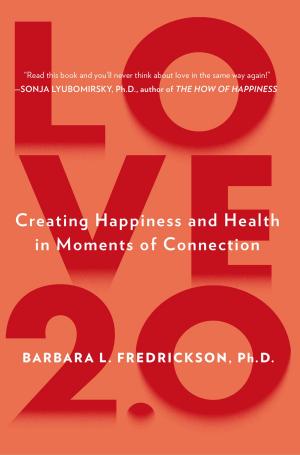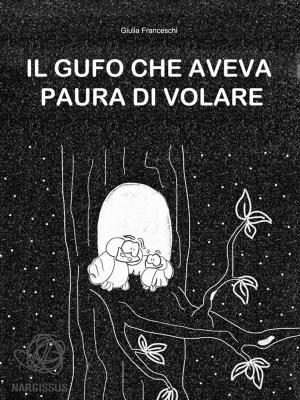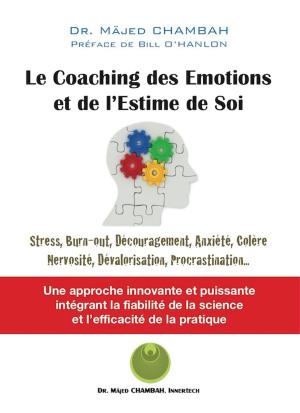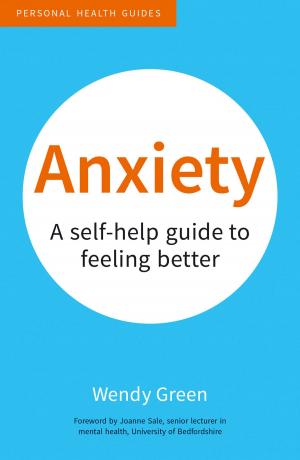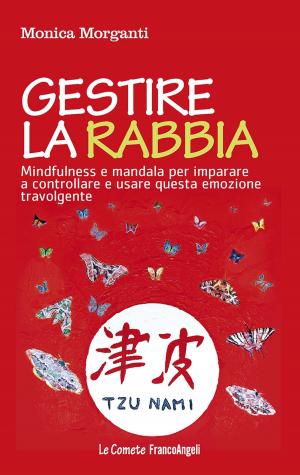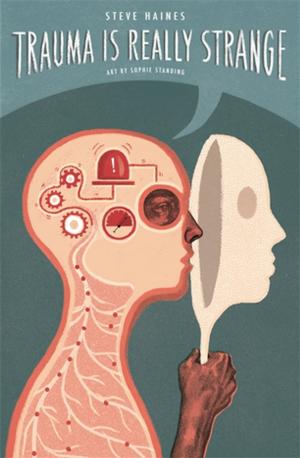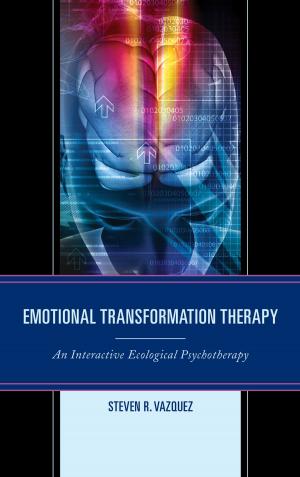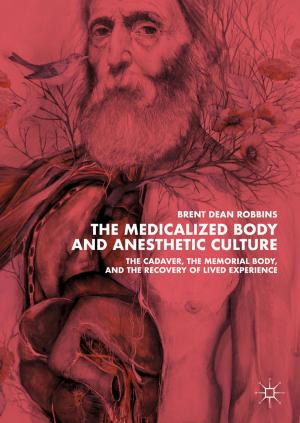Art of living
Nonfiction, Health & Well Being, Self Help, Self Improvement, Creativity, Psychology, Emotions| Author: | Maza Sem | ISBN: | 9781533754424 |
| Publisher: | Maza Sem | Publication: | April 15, 2016 |
| Imprint: | Language: | English |
| Author: | Maza Sem |
| ISBN: | 9781533754424 |
| Publisher: | Maza Sem |
| Publication: | April 15, 2016 |
| Imprint: | |
| Language: | English |
Suppose you had the opportunity to free yourself of all
worldly responsibilities for ten days, with a quiet, secluded place in
which to live, protected from disturbances. In this place the basic physical requirements of room and board would be provided for you, and helpers would be on hand to see that you were reasonably comfortable. In return you would be expected only to avoid contact with others and, apart from essential activities, to spend all your waking hours with eyes closed, keeping your mind on a chosen
object of attention. Would you accept the offer?
Suppose you had simply heard that such an opportunity existed, and that people like yourself were not only willing but eager to spend their free time in this way. How would you describe their activity? Navel-gazing, you might say, or contemplation; escapism or spiritual retreat; self-intoxication or self-searching; introversion or introspection. Whether the connotation is negative or positive, the common impression of meditation is that it is a withdrawal from the world. Of course there are techniques that function in this way. But meditation need not be an escape. It can also be a means to
encounter the world in order to understand it and ourselves.
Every human being is conditioned to assume that the real world is outside, that the way to live life is by contact with an external reality, by seeking input, physical and mental, from without. Most of us have never considered severing outward contacts in order to see what happens inside. The idea of doing so probably sounds like choosing to spend hours staring at the test pattern on a television screen. We would rather explore the far side of the moon or the bottom of the ocean than the hidden depths within ourselves.
But in fact the universe exists for each of us only when we experience it with body and mind. It is never elsewhere, it is always here and now. By exploring the here-and-now of ourselves we can explore the world. Unless we investigate the world within we can never know reality—we will only know our beliefs about it, or our intellectual conceptions of it. By observing ourselves, however, we
Suppose you had the opportunity to free yourself of all
worldly responsibilities for ten days, with a quiet, secluded place in
which to live, protected from disturbances. In this place the basic physical requirements of room and board would be provided for you, and helpers would be on hand to see that you were reasonably comfortable. In return you would be expected only to avoid contact with others and, apart from essential activities, to spend all your waking hours with eyes closed, keeping your mind on a chosen
object of attention. Would you accept the offer?
Suppose you had simply heard that such an opportunity existed, and that people like yourself were not only willing but eager to spend their free time in this way. How would you describe their activity? Navel-gazing, you might say, or contemplation; escapism or spiritual retreat; self-intoxication or self-searching; introversion or introspection. Whether the connotation is negative or positive, the common impression of meditation is that it is a withdrawal from the world. Of course there are techniques that function in this way. But meditation need not be an escape. It can also be a means to
encounter the world in order to understand it and ourselves.
Every human being is conditioned to assume that the real world is outside, that the way to live life is by contact with an external reality, by seeking input, physical and mental, from without. Most of us have never considered severing outward contacts in order to see what happens inside. The idea of doing so probably sounds like choosing to spend hours staring at the test pattern on a television screen. We would rather explore the far side of the moon or the bottom of the ocean than the hidden depths within ourselves.
But in fact the universe exists for each of us only when we experience it with body and mind. It is never elsewhere, it is always here and now. By exploring the here-and-now of ourselves we can explore the world. Unless we investigate the world within we can never know reality—we will only know our beliefs about it, or our intellectual conceptions of it. By observing ourselves, however, we



